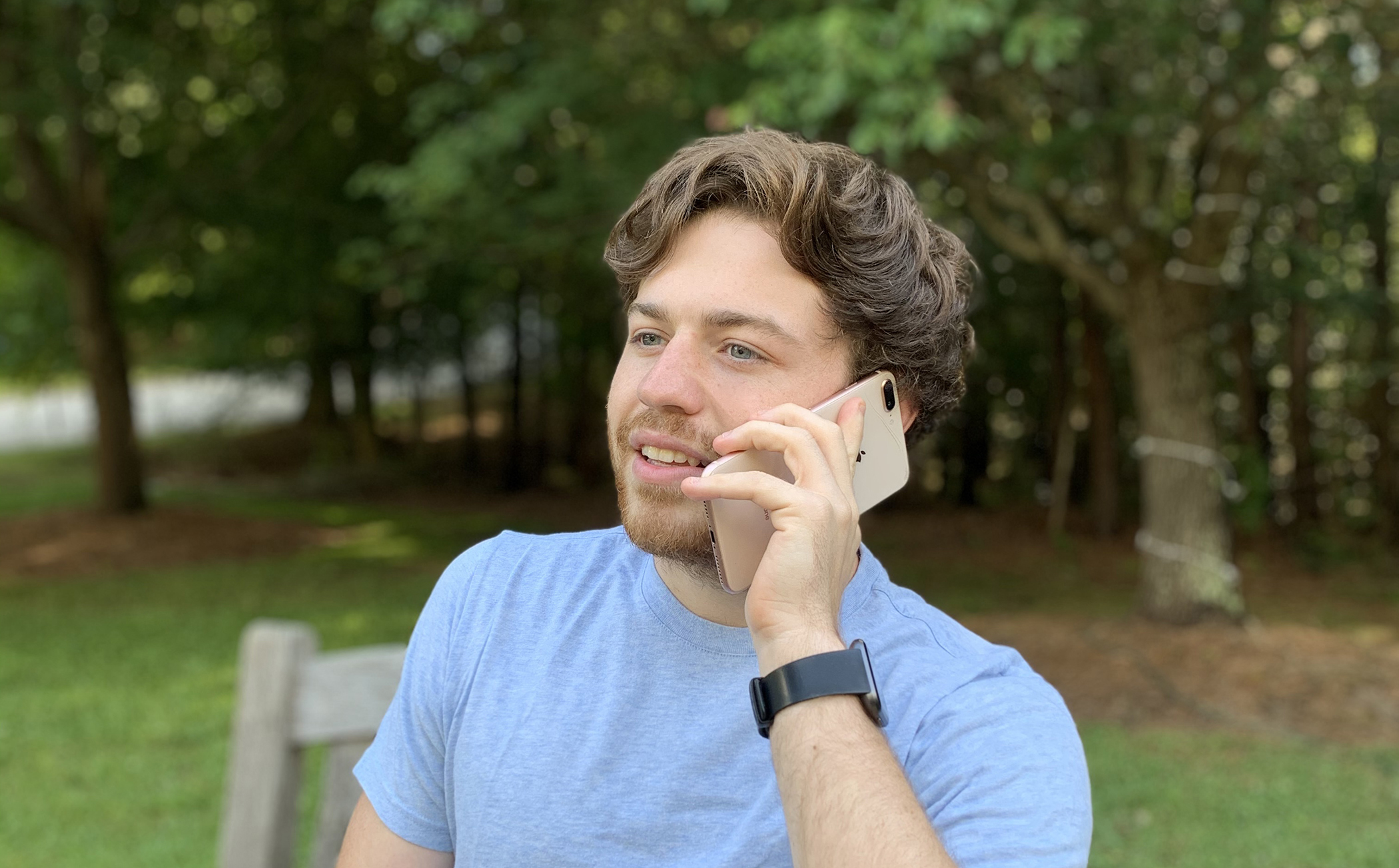Social distancing has become the new way of life since the beginning of the COVID-19 pandemic. Large gatherings with friends are currently a thing of the past and some individuals may be separated from family and loved ones.
For those living alone, this can prove to be a lonely existence. It’s even more of a daunting task for older adults who rely on interaction with friends or family.
Georgia was under a shelter-in-place order for the month of April, but that was extended through June 12 for adults 65 and older.
“When we transitioned our service model in response to COVID-19, we knew that social connection needed to be a part of our plan,” said Erin Beasley, director of operations for Athens Community Council on Aging. “Each of our programs provide that feeling of connection, whether it is through shared meals in the Center for Active Living, group activities at the Adult Day Health center, or regular visits from a familiar Meals on Wheels volunteer. Moving away from our traditional service models, while necessary, put that connection at risk and our staff immediately began developing opportunities for distance and virtual socialization.”
While the ACCA was remodeling its style of connecting with senior adults, Quinn Peragine, a rising fourth-year medical student at the Augusta University/University of Georgia Medical Partnership, was brainstorming ideas of how to give back to those heavily affected during the pandemic.
“My girlfriend and I both talked to our grandparents over the Easter/Passover holidays and heard how they were changing their daily routines and were missing seeing friends in their residences under the new social distancing measures,” said Peragine. “Just talking to them for a few minutes seemed to really brighten their day, which got us thinking that there may be many seniors in our own community who may not have anyone to talk to or help get them through these tough times.”
Peragine reached out to the ACCA and presented his idea of students from the Medical Partnership volunteering to help brighten the day of local seniors.
The ACCA’s Buddy Calls program, which runs in conjunction with Meals on Wheels, the Center for Active Living and Adult Day Health, has seen an increase in requests for clients since the pandemic began and was a great fit for extra volunteers.
The Buddy Calls with Medical Partnership students began on April 21 and over 20 students decided to take part in the program.
The volunteer students are paired with one or two clients from the ACCA, and they perform check-in calls one to two times each week. Each call lasts around 30 minutes with a maximum commitment of two hours per week.
“Social isolation can have a devastating effect on a person’s mental and physical health, and that is only compounded by the stress of uncertainty brought on by the pandemic,” said Beasley. “The Buddy Calls, along with the regular safety check calls our staff conduct, ensure that our members have that opportunity to connect with another person and be reassured that they are not forgotten.”
Beasley said the Buddy Calls will continue until the ACCA can resume regular, on-site programming. For their homebound members who enjoy the calls, ACCA will continue to offer Buddy Calls.
Peragine said he is glad he can give back to the community and hopes the clients feel less alone thanks to the calls. “I think it is an important opportunity for us as medical students to make an impact in our community, even while we are attending class from home and on pause from clinical rotations,” said Peragine. “Hopefully this Buddy Calls program will help put a smile on people’s faces and remind both students and clients that we are all in this together.”


